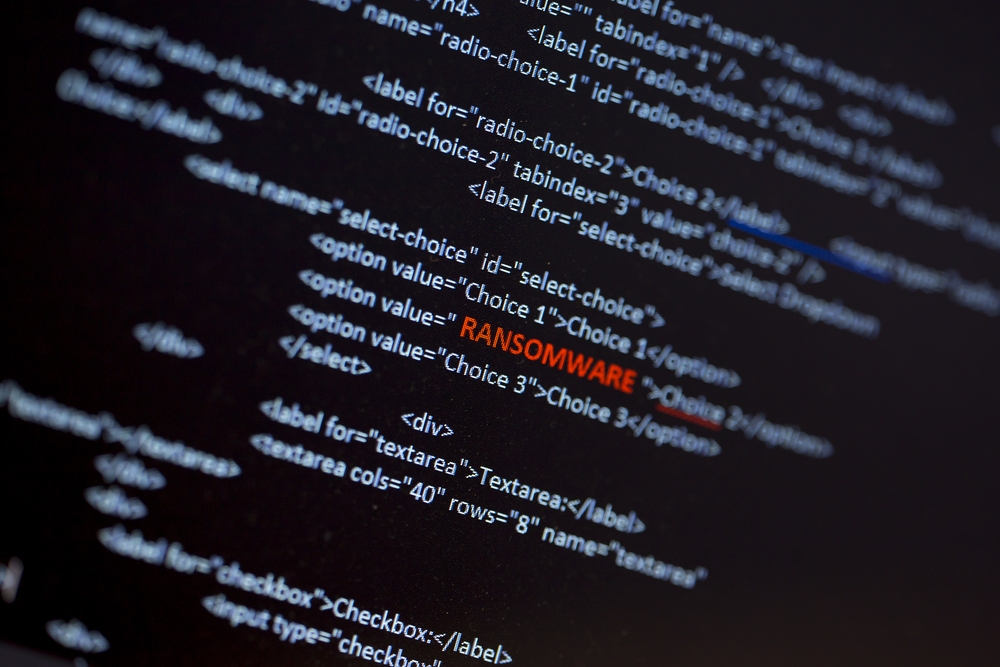AMD VM Bug 'CacheWarp' Potentially Allows Privilege Escalation
German academics have discovered how to reverse time in AMD virtualization environments and benefit from it.

A group of German researchers have revealed a vulnerability in AMD's Secure Encrypted Virtualization (SEV) technology, used in EPYC server processors, which could allow attackers to bypass memory protections. This could potentially lead to privilege escalation or remote code execution in cloud environments.
The vulnerability, named "CacheWarp" and designated as CVE-2023-20592, affects the first to third generations of EPYC processors, but not the fourth generation. AMD has rated it with a medium severity score of 5.3.
**Understanding CacheWarp**
CacheWarp leverages the "INVD" instruction to manipulate the CPU cache, enabling an attacker to revert the cache to a previous state containing exploitable data. This flaw could be exploited by a malicious hypervisor user to access guest virtual machines (VMs) without a password, manipulate return addresses, and alter program control flows, leading to significant security breaches.
Ruiyi Zhang, a co-author of the report, describes how CacheWarp can be used to compromise authenticated user sessions or gain root access to a VM, thus allowing attackers to execute arbitrary actions.
**Response and Mitigation Efforts**
The researchers informed AMD of this vulnerability in April. Following the public disclosure of CacheWarp and the release of a proof-of-concept exploit on GitHub on November 14, AMD issued a microcode patch for the third-generation EPYC processors. The patch is not expected to impact performance, unlike previous patches for transient execution bugs in similar chips.
However, AMD stated that no mitigation is available for the first and second generations of EPYC processors. This is due to the design of the SEV and SEV-ES features, which do not ensure guest VM memory integrity, and the absence of SEV-SNP (Secure Nested Paging) in these generations.
When questioned about the delay in releasing the patch, AMD responded that the Coordinated Vulnerability Disclosure process was followed to protect end users, which involves notifying impacted parties, developing fixes, and then publishing the bulletin and details.























![Largest Data Breaches in US History [Updated for 2023]](https://nulld3v.com/uploads/images/202311/image_430x256_654e69df8d469.jpg)








![[code] Minio 2022-07-29T19-40-48Z - Path traversal](https://nulld3v.com/uploads/images/202311/image_430x256_654d291daaaee.jpg)


